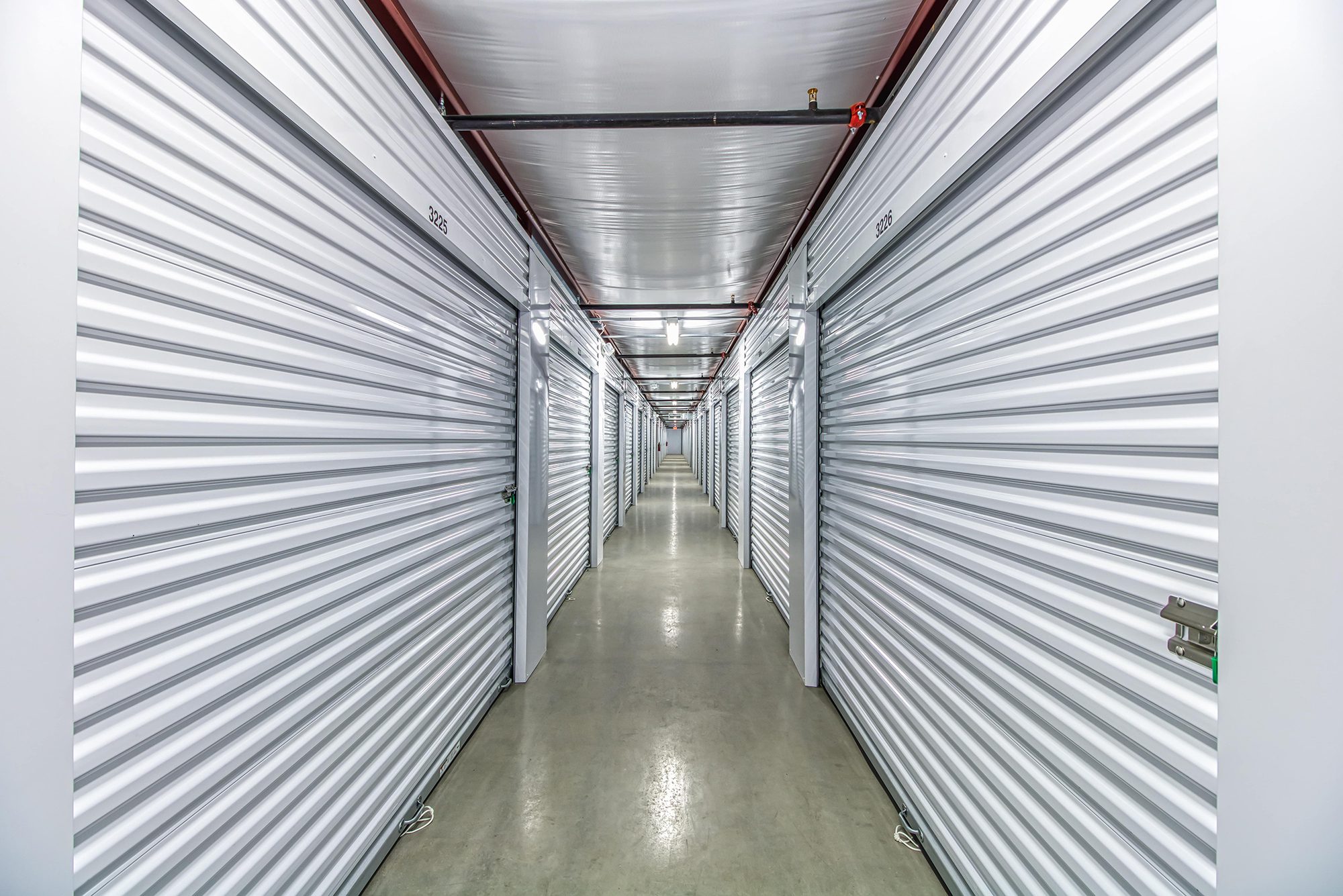Hunt Midwest brings sleek shine to self-storage with growing business arm
Thomas Friestad – KC Business Journal
Executives with Hunt Midwest believe significant potential lies in store for a growing business arm as area residents’ living preferences change and others apply the trendy “does it spark joy?” standard to personal spaces.
Over the past four years, the Kansas City developer has invested about $50 million into its StorTropolis platform, which now spans five climate-controlled, self-storage facilities totaling approximately 450,000 square feet, or 3,500 units, across the metro area.
Hunt Midwest first delved into self-storage in 2010 at SubTropolis, where the company began providing public storage space for cars, boats and RVs in older areas of the underground industrial park that were harder to lease because of low ceilings or irregular pillar arrangements, President and CEO Ora Reynolds said.
Fast-forward to 2018, and Hunt Midwest saw the potential to launch a standalone self-storage facility on about four acres it controlled, but wasn’t sure how else to develop, northwest of Brighton Avenue and Missouri Highway 152.
Around that time, the self-storage industry was starting to evolve. New owners began buying older buildings with roll-up garage doors and undertaking conversions or expansions to support climate control and other amenities, said Doug Coleman, senior vice president of acquisitions and investments with Hunt Midwest.
“We thought it was a good time to come out with new amenities, controlled temperatures, large elevators, all those kinds of things that were getting to be normal,” he said.
Beyond its initial Brighton location, Hunt Midwest has completed four additional StorTropolis locations alongside partner Strickland Construction to date — a second Kansas City site, in the Northland’s Tiffany Springs neighborhood, as well as facilities in Shawnee, Blue Springs and, most recently in September, Lenexa.
The developer has letters of intent for additional local StorTropolis facilities and aspires to introduce the business to other markets where it has an existing industrial or multifamily presence outside the metro, Reynolds said.
Compared to a legacy self-storage property, she said, StorTropolis aims to set itself apart with amenities and features that better meet current generation needs.
Each StorTropolis property includes secure, gated entries to inside loading and unloading areas, oversized elevators and a number of enclosed parking units as large as 14 feet-by-50 feet to accommodate RV storage.
Beyond on-site leasing offices, manager Storage Asset Management also offers a no-contact leasing process that allows prospective renters to evaluate storage units online. When they pick one, renters receive a passcode to gain access without having to interact with any facility personnel.
Those features were present at StorTropolis pre-pandemic but more recently have become commonplace among self-storage competitors, Coleman said.
“It’s almost like the apartment business,” Reynolds said of that shift. “You definitely pivoted in the apartment business, where you could go pick out your apartment, look at layouts online and push a button. It’s no different for self-storage — I guess it’s like apartments for all your things you can’t store in your apartment.”
Nationwide, the valuation of the self-storage industry was estimated at $87.65 billion in 2019, a figure expected to grow to $115.62 billion by 2025, according to research firm Mordor Intelligence. Coleman said the Kansas City area constitutes an approximately 14 million-square-foot market, with 650,000 square feet of new self-storage space added in 2020 and another 400,000 square feet expected over the next year.
Among the groups driving that growth are millennials and Baby Boomers opting to rent apartments instead of buying or retiring to new houses, as well as people clearing out space for home offices and small businesses looking to store supplies, Reynolds and Coleman said.
“There’s just a lot more use for space right now,” Coleman said.



